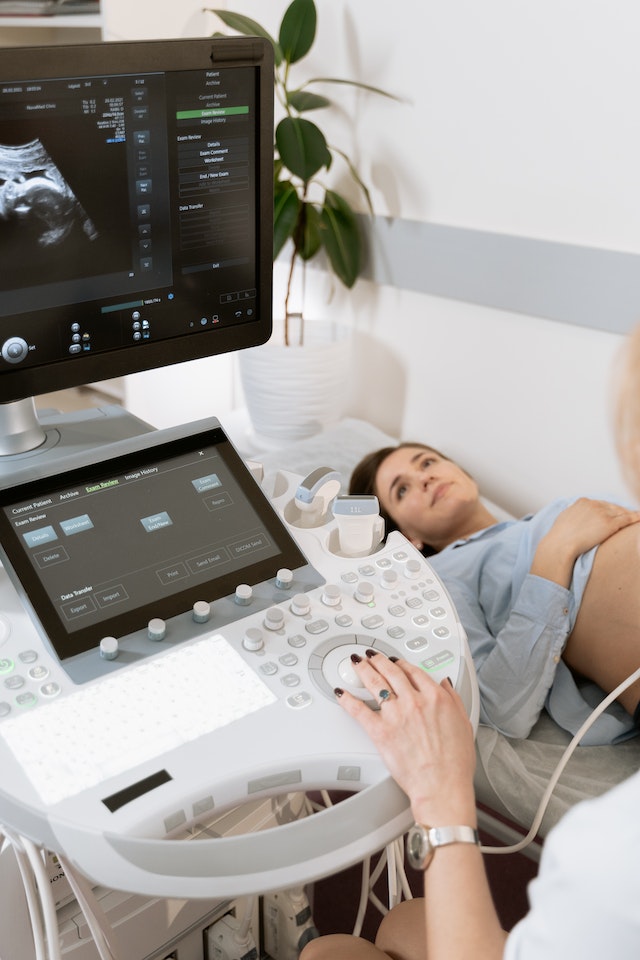Introduction
As a highly experienced gynecologist with 37 years of practice, I understand the concerns
and questions that expectant mothers have, especially when it comes to traveling during
pregnancy.
Pregnancy is a remarkable and joyous time, but it also requires extra care and attention.
In this article, we will explore the topic of traveling during pregnancy, addressing common
queries and offering valuable precautions to ensure a safe and comfortable journey for both
mother and baby.
Can I Travel During Pregnancy?
The good news is that in most cases, traveling during pregnancy is safe and permissible.
However, it is important to consider various factors before embarking on any journey.
Consulting with your healthcare provider is crucial to assess your individual situation, as
they can offer personalized advice based on your medical history, stage of pregnancy, and
any pre-existing conditions.
Precautions for Safe Travel
Timing is Everything:
The ideal time to travel during pregnancy is usually the second trimester, between weeks 14
and 28.
During this period, most women have surpassed the discomforts of the first trimester, such
as morning sickness, and the risk of complications is relatively lower compared to the later
stages.
Choose Your Destination Wisely:
Opt for destinations with a stable healthcare infrastructure and easy access to medical
facilities.
Familiarize yourself with the local hospitals and clinics in case of any emergencies.
Plan Your Mode of Travel:
Depending on the duration and distance of your journey, different modes of transportation
may be more suitable.
Generally, air travel is considered safe until the 36th week of pregnancy, but always check
with the airline’s policies regarding pregnant passengers.
If traveling by car, take regular breaks to stretch your legs and promote circulation.
Stay Hydrated and Eat Nutritiously:
Adequate hydration is vital during pregnancy, particularly while traveling.
Carry a water bottle with you and avoid excessive consumption of caffeinated beverages.
Pack healthy snacks to maintain balanced nutrition and keep your energy levels up.
Comfort and Safety First:
Wear loose, breathable clothing and comfortable footwear to prevent swelling and discomfort.
Use a seatbelt while traveling, placing the lap belt under your belly and across your hips.
Bring extra pillows or cushions for added support during long journeys.
Minimize Stress:
Traveling can be physically and mentally exhausting.
Take the necessary steps to minimize stress levels during your journey.
Plan and organize your itinerary well in advance, allowing for flexibility and relaxation.
Engage in calming activities such as deep breathing exercises and listening to soothing
music.
Carry Essential Documents and Medications:
Ensure you have all necessary documents, including your medical records, insurance
information, and emergency contact details.
Pack your prescribed medications in your carry-on luggage, along with any prenatal vitamins
or supplements recommended by your healthcare provider.
Seek Medical Advice:
Before traveling, consult your gynecologist or healthcare provider for a thorough examination
and obtain their approval for your journey.
They can provide additional personalized guidance, considering your specific health
conditions and pregnancy requirements.
Conclusion
With careful planning, adequate precautions, and guidance from your healthcare provider,
traveling during pregnancy can be an enjoyable and safe experience.
Remember that every pregnancy is unique, and it’s essential to prioritize the well-being of
both you and your baby.
By following the guidelines mentioned in this article, you can make informed decisions,
minimize potential risks, and create lasting memories during your travels while ensuring the
utmost care for your pregnancy.
![]()












